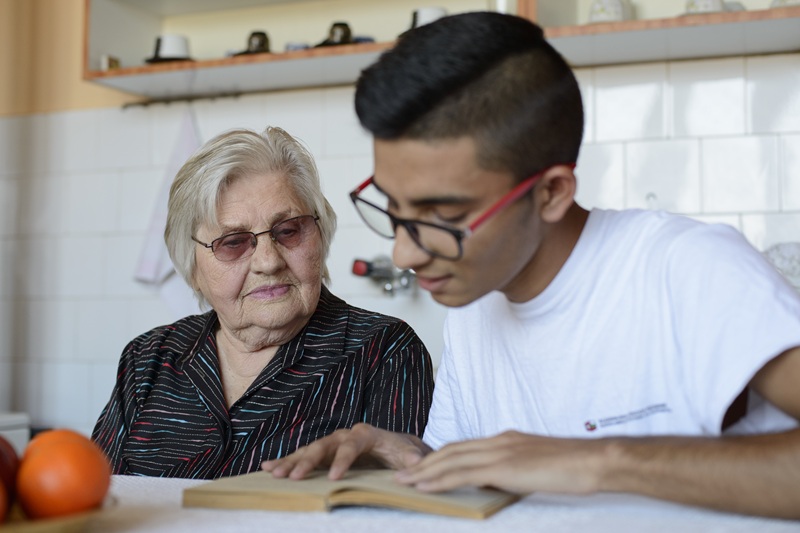Time to invest in psychosocial support: how social action supports mental health and well-being
This week is European Mental Health Week. This year’s theme — “Care for mental health, invest in social rights” — could not be more timely. It highlights how mental health and social policies are deeply connected. The work of Red Cross societies is holistic and people-centred, and therefore mental health support is an important component of how we work with people to support their resilience.
When people have access to housing, education, jobs, and a fair income, their mental health tends to improve. Reducing poverty and inequality does not just make society fairer, it helps people feel safer, more connected, and more hopeful. In short, investing in social rights is also investing in the mental well-being of the whole of society.
Mental health is shaped by many factors — personal, family-related, economic, and environmental. Anyone can face mental health challenges, but some people are more exposed. For example, older adults, people with low incomes or from a migrant background, and people without stable housing are at greater risk of facing isolation and psychosocial distress. This can weaken their support networks, undermine their coping mechanisms and their resilience.
That is why social policies that address these root causes are essential. Instead of just treating symptoms, we need to build preventive systems that promote mental health for all.
Across Europe, Red Cross and Red Crescent teams are putting this approach into action. They do not just respond to emergencies — they support people holistically, addressing their social, administrative and material needs, as well as their emotional wellbeing. For example, in Lithuania, the Warm Visits Programme connects volunteers with older adults who rarely leave their homes. These visits help reduce loneliness and improve emotional health through human connections.

Reinforcing people’s link with their community is also essential. In Denmark, the Danish Red Cross Youth’s Study Buddy Programme supports people in detention by pairing them with volunteers who help with their studies. This not only boosts their confidence and mental health but helps them to develop tools that will enable them to positively contribute to their communities, ultimately facilitating a smoother transition back into the workforce.
Red Cross volunteers and staff are trained in psychological first aid and mental health support so they can recognise signs of distress and connect people with the help they need.
This year, the European Union is reviewing its Action Plan for the European Pillar of Social Rights (EPSR). The EPSR - as a framework to prevent poor mental health and shape a fairer, more productive, competitive and inclusive society is a key opportunity to strengthen social protection, address inequality, and protect the mental health of everyone — especially those most at risk.
For media inquiries, please contact Eva Oyón on: eva.oyon@redcross.eu or +32 2 235 09 22

